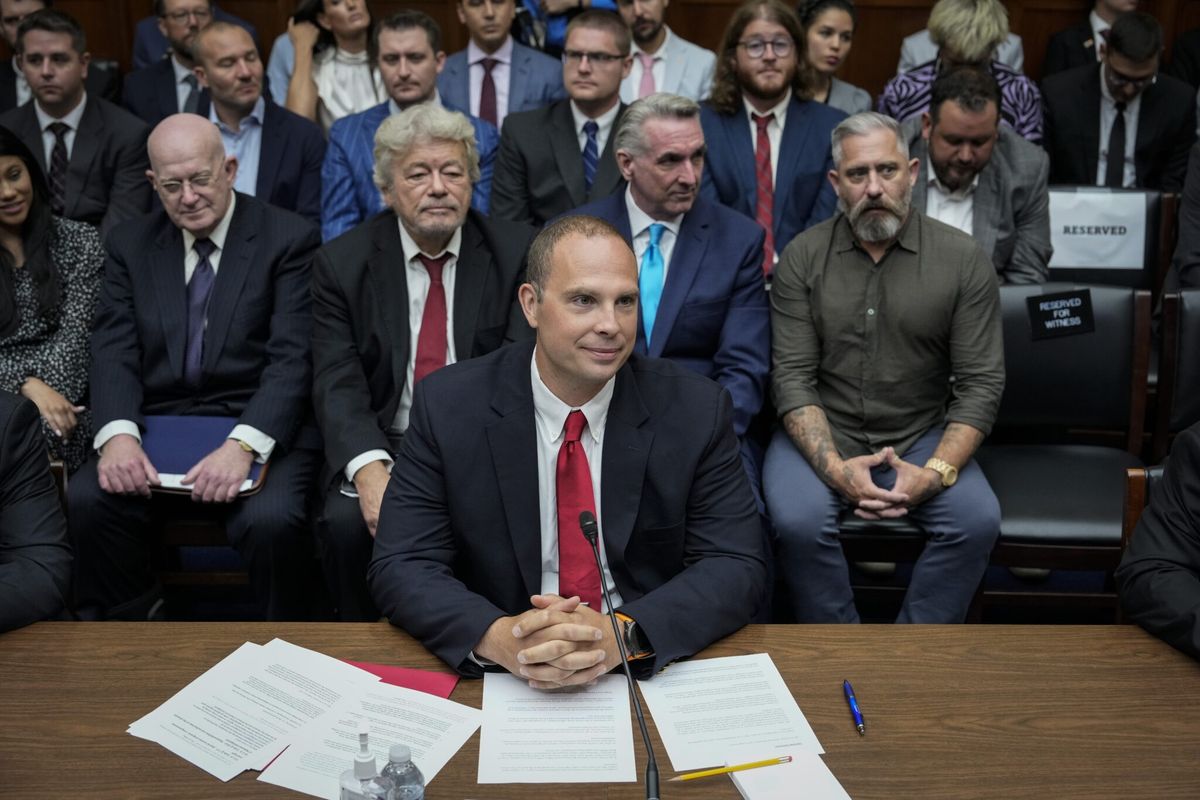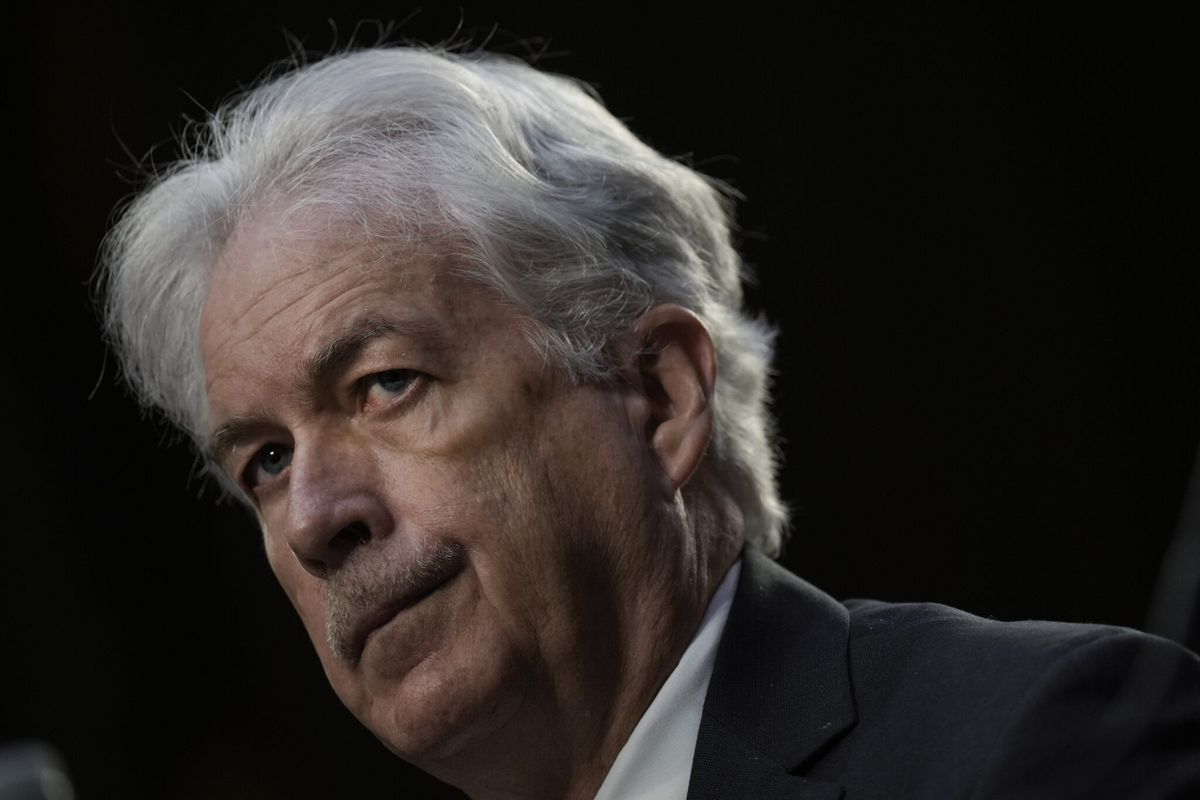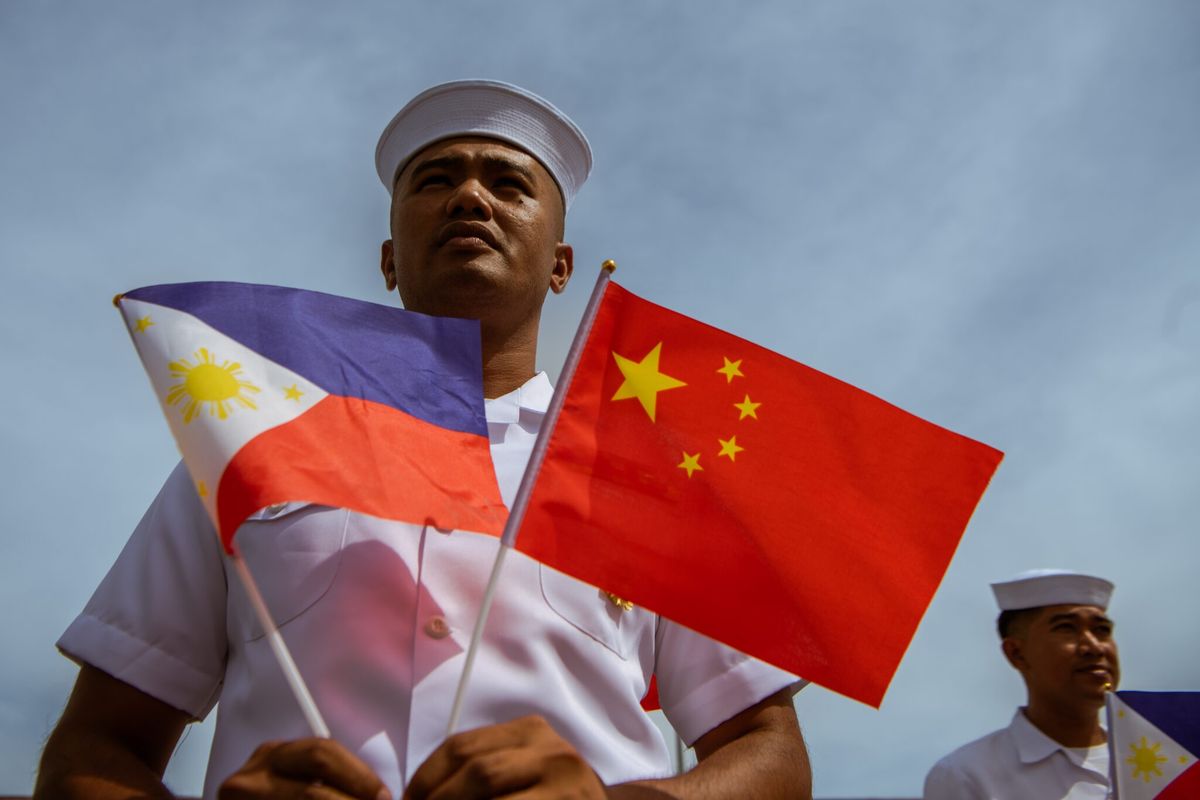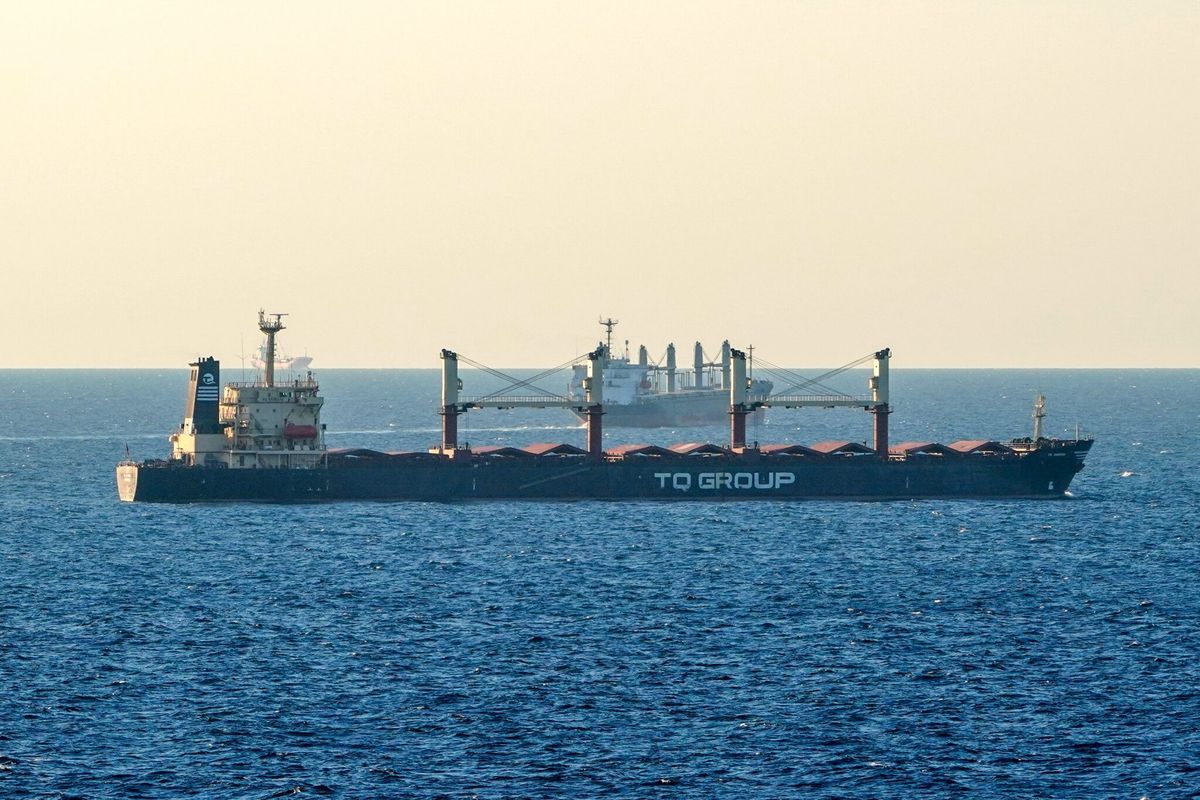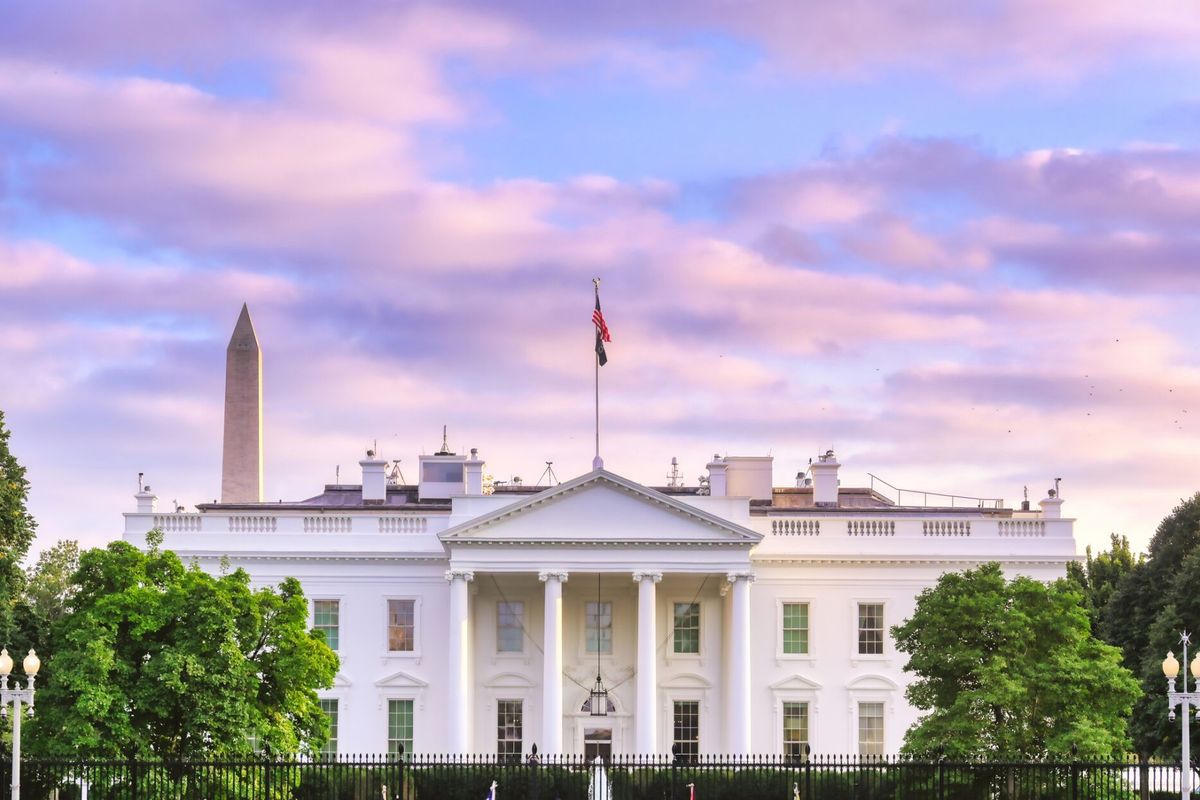CIPHER BRIEF REPORTING – In late 2021, NATO Assistant Secretary for Intelligence and Security David Cattler traveled to Kyiv, Ukraine, just around the time Russian President Vladimir Putin began amassing troops along the eastern border of Europe's second-largest nation. The following year, with Putin's war fully underway in Ukraine, Cattler traveled there again.
“I have visited Ukraine at least once-a-year, every year I've been in this role,” he told reporters on Tuesday, during the first of a two-day NATO summit that has largely been focused on expanding the alliance, increasing military spending, and sorting a path forward for Ukraine.
During this week's press conference - just two months after he warned of Russian reprisals bent on punishing Western nations for their support of Ukraine - Cattler offered a stark warning to Moscow.
“There'll be no return to a February 2022 security environment,” he said, referencing security conditions in Ukraine that existed when Russia launched the war. “It's just not going to happen.”
In the months after Russian tanks rolled across Ukraine's borders, NATO has provided arms and expertise to a surprisingly resilient Ukrainian war effort, now inching back territory, including this week’s recapturing of strategic high grounds surrounding the embattled eastern city of Bakhmut.
Over that time, as Cattler continued to travel to Ukraine and coordinate intelligence efforts, something interesting happened that added to his perspective, if not his resolve.
“I can say with personal conviction from personal experience that Ukraine really does belong in the NATO family,” he said. “Ukraine has this tremendous potential.”
As NATO's principal advisor on intelligence and security, Cattler is responsible for orchestrating intelligence relationships between 75 different agencies across the alliance's 31 member nations. He sat down earlier this year at NATO Headquarters in Brussels to talk with Cipher Brief CEO & Publisher Suzanne Kelly about NATO's Security and Intelligence Priorities.
Regarding Ukraine specifically, Cattler said this week that the emphasis is now focused on transitioning Ukraine away from its heritage Soviet-era doctrine in favor of armed forces that are more interoperable with NATO.
“This will strengthen Ukrainian institutions and help Ukraine move to modern standards,” he added, a usual precursor for those applying for NATO membership.
The timing of that membership remains vague.
Looking for a way to get ahead of the week in cyber and tech? Sign up for the Cyber Initiatives Group Sunday newsletter to quickly get up to speed on the biggest cyber and tech headlines and be ready for the week ahead. Sign up today.
While alliance leaders welcomed Kyiv into the club in principle on Tuesday, with a declaration that "Ukraine's future is in NATO," they stopped short of offering Kyiv a formal invitation, saying Brussels “will be in a position to extend an invitation to Ukraine to join the alliance when allies agree and conditions are met."
Those conditions, however, have not been outlined, as some, including NATO Secretary General Jens Stoltenberg, appear cautious, having expressed past concerns about avoiding a broader conflict that could lead to a direct war with Russia.
U.S. President Joe Biden said over the weekend that he does not “think there is unanimity in NATO about whether or not to bring Ukraine into the NATO family now, at this moment, in the middle of a war.”
“If the war is going on, then we’re all in war," Biden said. "We’re at war with Russia, if that were the case.”
The alliance did, however, remove a requirement regarding its normal Membership Action Plan (MAP), which requires a candidate country to undergo military and democratic reforms. Ukraine would still be required to undertake those changes during the process, but the move would allow members to bring Kyiv into the fold at virtually any future date.
Meanwhile, despite Kyiv's lack of a formal invitation, Ukraine did score a few notable wins.
French President Emmanuel Macron said his country would begin supplying long-range cruise missiles to Ukraine, enabling its military to strike at Russian forces and supplies well beyond front line positions, while Germany promised another military aid package, which included Patriot air defenses, tanks, and fighting vehicles.
And yet those moves seemed to offer only partial reprieve to Ukrainian President Volodymyr Zelensky, who expressed his disappointment in NATO's broader conclusion.
"It's unprecedented and absurd when a timeframe is not set, neither for the invitation nor for Ukraine's membership," Zelensky said. "NATO will make Ukraine safer. Ukraine will make NATO stronger.”
"I travelled here today with belief in a decision, with belief in partners, with belief in a strong NATO ... I would wish for this belief to become a certainty - certainty in decisions that all of us deserve and which our every soldier expects, our every citizen, our every mother, our every child," he noted. "Is this too big of a wish?"
The Cipher Brief hosts expert-level briefings on national security issues for Subscriber+Members that help provide context around today’s national security issues and what they mean for business. Upgrade your status to Subscriber+ today.
Perhaps in an effort to soften the effects of the alliance's decision, Stoltenberg also said he saw “no point” in convening this week’s summit without at least a “signal” that Ukraine would ultimately become a NATO member.
In January, having just returned from the Munich Security Conference, Cattler remarked in that same interview with The Cipher Brief, about how “striking” it was “to have lunch and dinners with the Ukrainians, to listen to them and to interact with them, and ... to hear how high the morale remains on their side and the fighting spirit."
"But," he said, it was also remarkable "to think about the evolution in policy.”
Back then, western focus oriented more “in decisions on weapons provision,” Cattler said, transitioning away from a reliance on Soviet-era weaponry to more advanced systems and guidance – a phenomenon that contributed to former CIA Director and Cipher Brief Expert David Petraeus saying that he expects Ukraine’s counter-offensive “to achieve significant breakthroughs and accomplish much more than most analysts are predicting.”
Read more expert-driven national security insights, perspectives and analysis in The Cipher Brief





